
Arise! Happy Easter
For 6 weeks I’ve been trying to be kinder. This Lenten resolution stemmed partly from my kids kidding me about being judgmental of others. Although their examples were humorous, I recognized that there was some truth in my complaining about others’ foibles, the political state of the world, and also being hard on myself. Being a type A, organized personality, I set out a plan. I would try to be kinder to people by giving things to them, doing helpful acts, and speaking more kindly to and about others.
Here are 7 things I learned:
1. Transformation starts with intentionality and commitment.
As the Pachamama symposium explains:
*A VISION without a PLAN is just a DREAM.
*A PLAN without a VISION is just DRUDGERY.
*But, a VISION with a PLAN can change the world.
If the vision was to be kinder and the plan was to do at least one extra act of kindness a day, I committed to hold myself accountable by each morning anticipating what acts of kindness I might do, writing them down, and then reviewing my progress the next morning. Some days I couldn’t think of a specific kindness to do. On those days I planned to look for opportunities and then check myself the next morning to see if this heightened awareness made any difference. Consciously looking for opportunities helped.
2. Things will seem to get worse before they get better. At the beginning I felt like I was going backwards. I noticed more times that I slipped up and criticized others. The reality probably wasn’t any different, but consciously trying to change a habit heightens perception.
3. Speaking kindly, giving compliments, being “nice” is easier – in the short term because it takes effort to actually do an act of service or give something away, BUT…
4. Doing direct, concrete acts of kindness is easier – in the long haul. This seeming contradiction was because I found it was harder to curb my tongue and negative thoughts than to just hand out some money or do a favor. I needed to search for what might be behind another’s behavior such as the needs they were trying to meet or the fears that drove them. This stirred up understanding or compassion rather than seeing the other as an adversary or wrong.
5. Actions, Thinking, and Feelings are all connected. I thought I could think, pray, or believe my way into loving an enemy. Sometimes a spiritual belief can lead to a compassionate act. But sometimes an action has to come first. An act of service or emotional encounter can lead to changed thinking. Any of these can be a entry point and lead to growth.
 6. Using physical prompts can help good intentions. When my daily plans to be kinder evaporated into forgetfulness or busyness, I found prompts (like fasting, turning off media, putting tape on my mouth, notes in conspicuous places) could be a reminder.
6. Using physical prompts can help good intentions. When my daily plans to be kinder evaporated into forgetfulness or busyness, I found prompts (like fasting, turning off media, putting tape on my mouth, notes in conspicuous places) could be a reminder.
7. It’s not all about me. In the end, I kept coming back to realize that this whole process of trying to be kinder could actually be a big ego trip. Hey, look how good I am! What helped me to tame undue pride was to call myself back to focusing on the other. Theologians call this “kenosis” or self emptying. This is the real spiritual challenge – to not focus on my own success or failure, but to focus on the good of the other, lest we become puffed up, self-absorbed, or feel guilty. A less academic term, that captures this concept for me is the “smug factor.”
 Now that we have our solar panels installed, I thought I would be so happy. I am, but the feeling is fleeting. The same thing happened after we got replacement windows, or even when I get a book from Amazon, or the perfect all purpose travel blazer. But it’s not just about stuff. Often I wait with great anticipation for our kids to visit or to get an award. Somehow, I keep thinking that this purchase, event, or accomplishment will make me happy – and it does…for a very short time. Bottom line: Happiness of this kind is fleeting. I know that, but the emotional promise is still alluring.
Now that we have our solar panels installed, I thought I would be so happy. I am, but the feeling is fleeting. The same thing happened after we got replacement windows, or even when I get a book from Amazon, or the perfect all purpose travel blazer. But it’s not just about stuff. Often I wait with great anticipation for our kids to visit or to get an award. Somehow, I keep thinking that this purchase, event, or accomplishment will make me happy – and it does…for a very short time. Bottom line: Happiness of this kind is fleeting. I know that, but the emotional promise is still alluring.

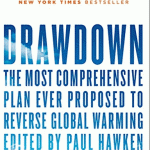

























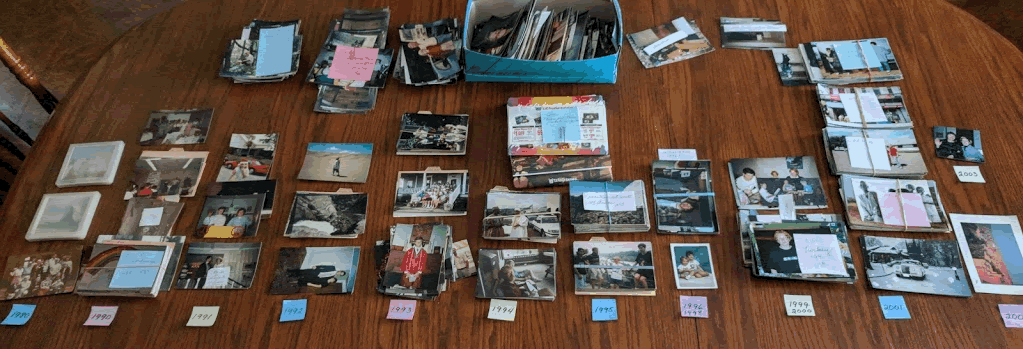









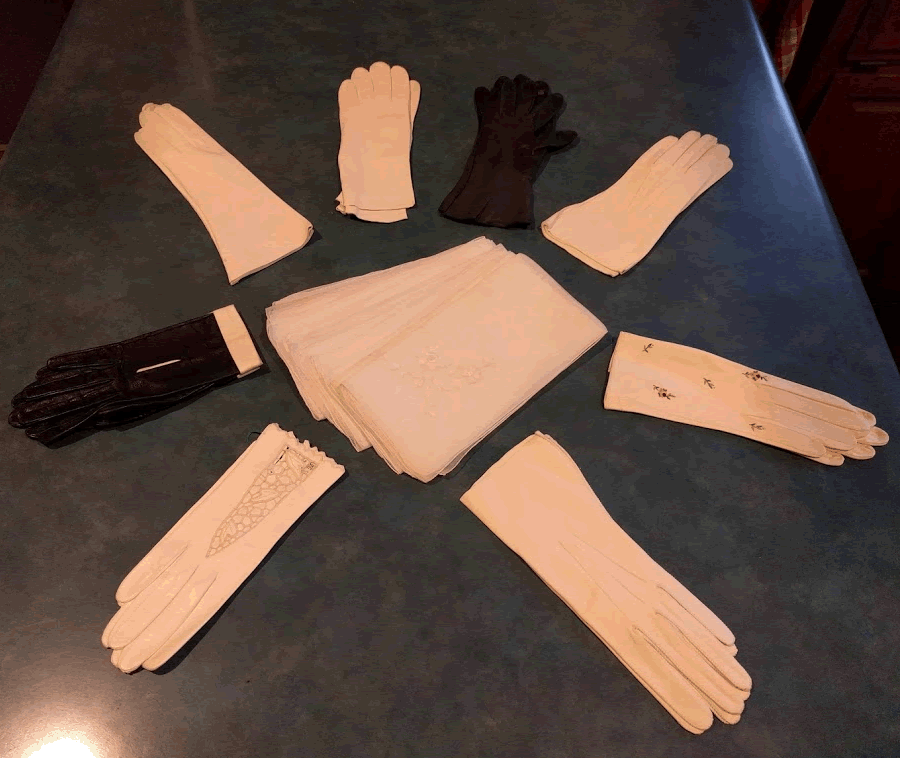
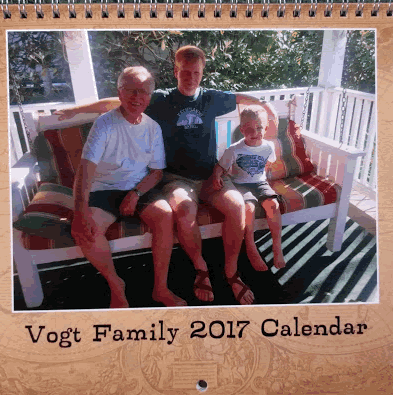



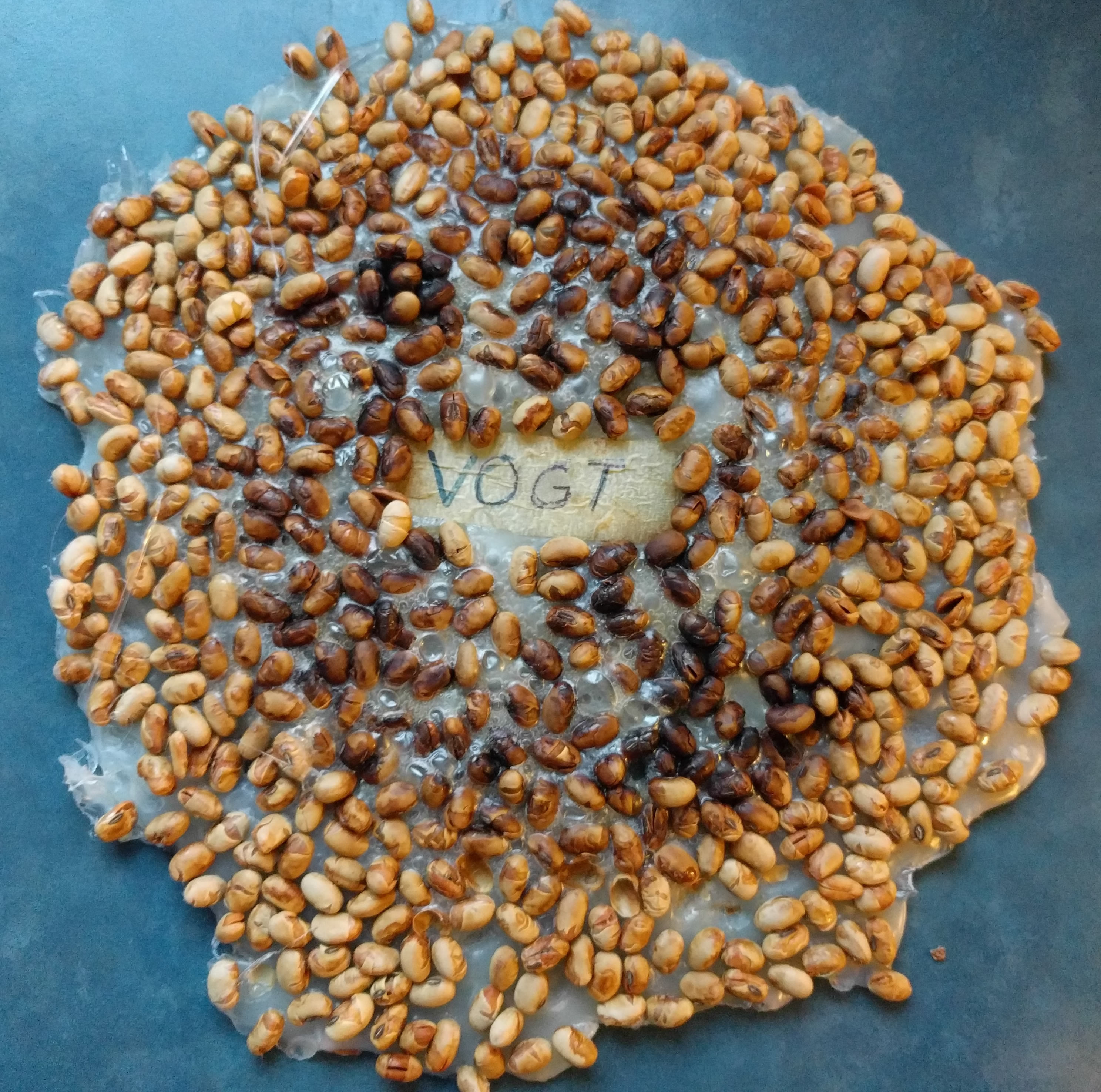
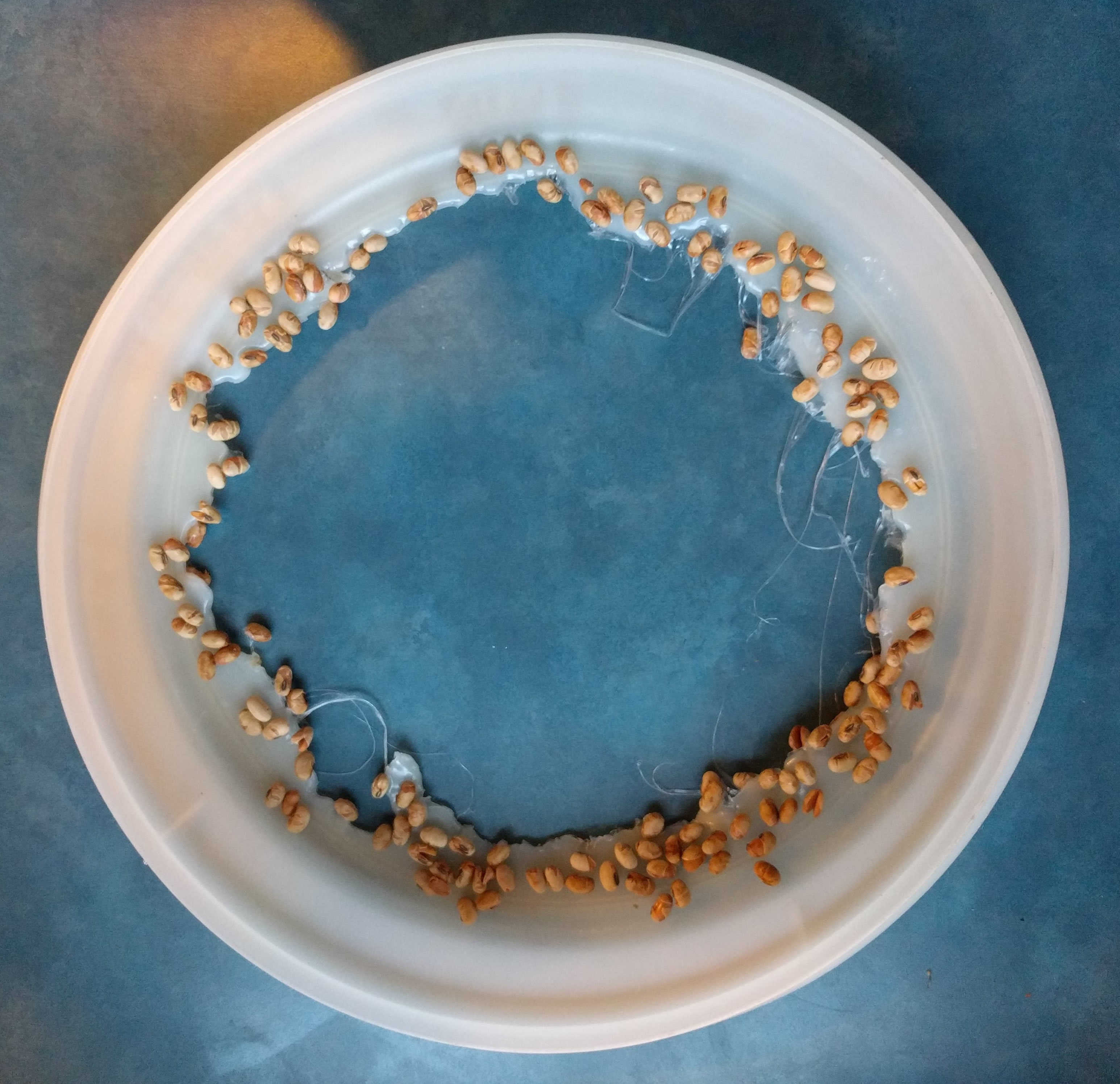 TIME WASTERS came in several categories:
TIME WASTERS came in several categories:









